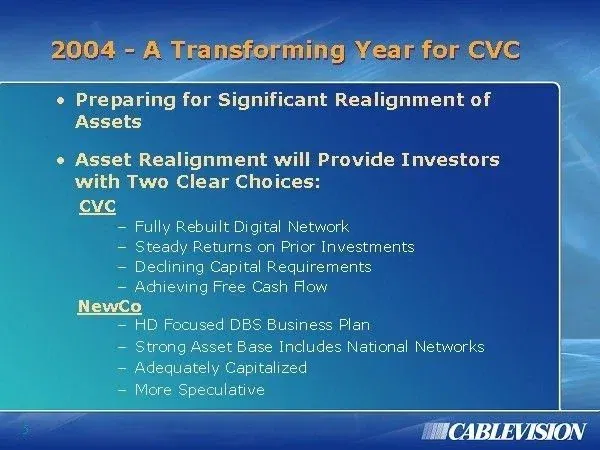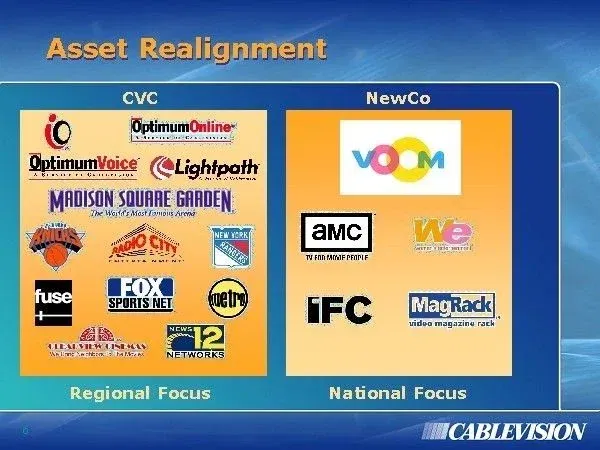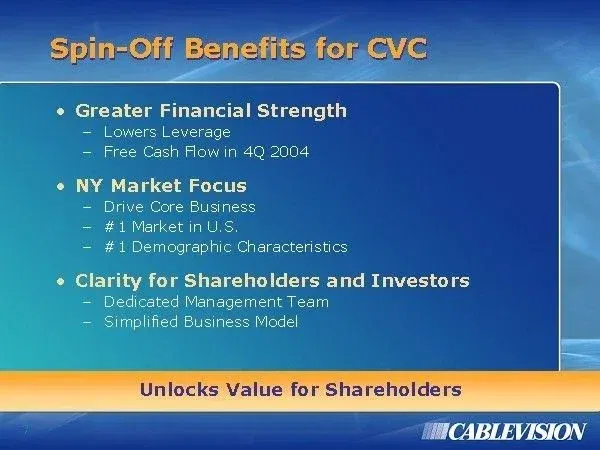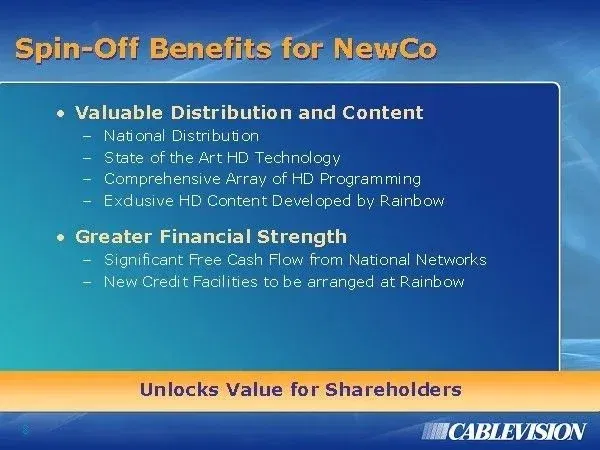By Michael Learmonth
NEW YORK (Reuters) - Time Warner Cable, a unit of Time Warner Inc., on Thursday countersued American Movies Classics, claiming that the cable channel owned by Cablevision Systems Corp. broke its contract by not showing enough old movies.
The countersuit is part of an escalating legal spat between Time Warner and Rainbow Media, a unit of Cablevision, as AMC has evolved from a classic film channel into a more general-interest network.
In its filing, Time Warner claims AMC has replaced vintage films like "Beyond Victory" (1931) and "The Adventures of Marco Polo" (1938) with films made in the 1990s like "Alien Resurrection" and original programing like "I Want to Be Clive McClean," the story of a Hollywood filmmaker who turns to porn to pay the bills.
As a result of AMC's repositioning, Time Warner Cable said it had the right to terminate its contract with AMC, or at least renegotiate the rates it pays the network, because "AMC is no longer a classic film service."
The legal imbroglio began in November when AMC, anticipating that Time Warner Cable might drop the network, sued the cable company for $250 million, the estimated value of the current agreement, which was scheduled to end in 2008.
In the suit, AMC charged Time Warner Cable with violating its contract by trying to slash the carriage fees it pays the network. It further claimed AMC was being used as a pawn in other negotiations between Time Warner and Cablevision.
"Their response is just an irrelevant smoke screen in their ongoing campaign to create phony leverage," said a Rainbow Media spokesman in response to the countersuit. "Time Warner Cable is engaged in an illegal attempt to break its contract with AMC."
In its initial suit, AMC said Time Warner Cable Executive Vice President Fred Dressler warned an AMC employee that Time Warner might threaten "termination" of AMC as "leverage" for other negotiations between Rainbow Media and Time Warner.
Rainbow Media executives declined to give specifics about the "other negotiations." However, Rainbow Media also owns WE: Women's Entertainment and the Independent Film Channel, which are carried on Time Warner systems as well.
Time Warner denied that it was using AMC as a bargaining chip for any other negotiations. It said it had simply offered to carry AMC, despite its repositioning, on a month-to-month basis for a lower fee or on a service option with lower viewership.
A Time Warner representative declined to comment on pending litigation.





